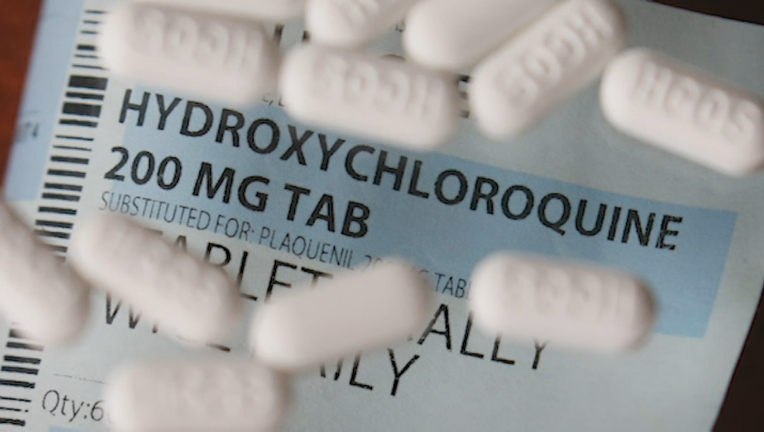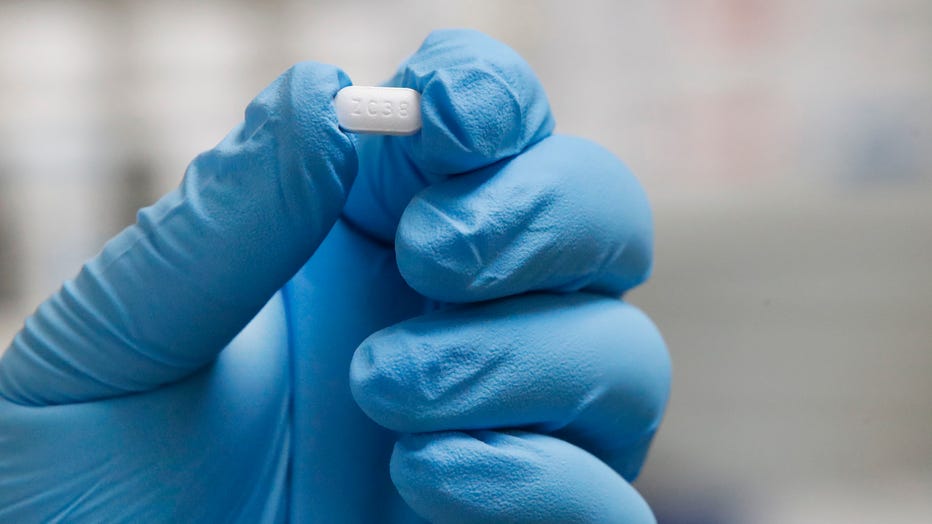WHO issues strong recommendation against drug Trump took to try to prevent coronavirus infection

An expert panel advising the World Health Organization (WHO) has issued a strong recommendation against using hydroxychloroquine to treat COVID-19.
Guidance published in the British Medical Journal this week draws on findings from six trials with over 6,000 participants, and "high certainty evidence" found that the anti-malarial drug "had a small or no effect" on deaths and hospital admissions, while "moderate certainty evidence" found little effect on lab-confirmed SARS-CoV-2 infection.
"The panel considers that this drug is no longer a research priority and that resources should rather be oriented to evaluate other more promising drugs to prevent COVID," the guidance reads. The recommendations apply to anyone without COVID-19, whether or not they were exposed to the virus.
DOWNLOAD THE FOX 32 NEWS APP FOR BREAKING ALERTS
"The panel judged that almost all people would not consider this drug worthwhile," the guidance continues. The recommendations are part of a "living guideline" open to updates, by the WHO and support from MAGIC Evidence Ecosystem Foundation.

A pharmacy tech holds a pill of Hydroxychloroquine at Rock Canyon Pharmacy in Provo, Utah, on May 20, 2020. President Donald Trump announced May 18 he has been taking hydroxychloroquine for almost two weeks as a preventative measure against COVID-19.
The international health agency last October announced four drugs, including hydroxychloroquine, were found to have "little or no effect" on hospitalized patients in a study.
Former President Trump told reporters in May 2020 he was taking hydroxychloroquine to prevent getting coronavirus. Trump added that he consulted with the former White House physician before starting to take the drug. Dr. Sean Conley had announced in a statement, "After numerous discussions he and I had about regarding the evidence for and against the use of hydroxychloroquine, we concluded the potential benefit from treatment outweighed the relative risks."
More on Fox News.
Fox News’ Andrew Reilly contributed to this report.

